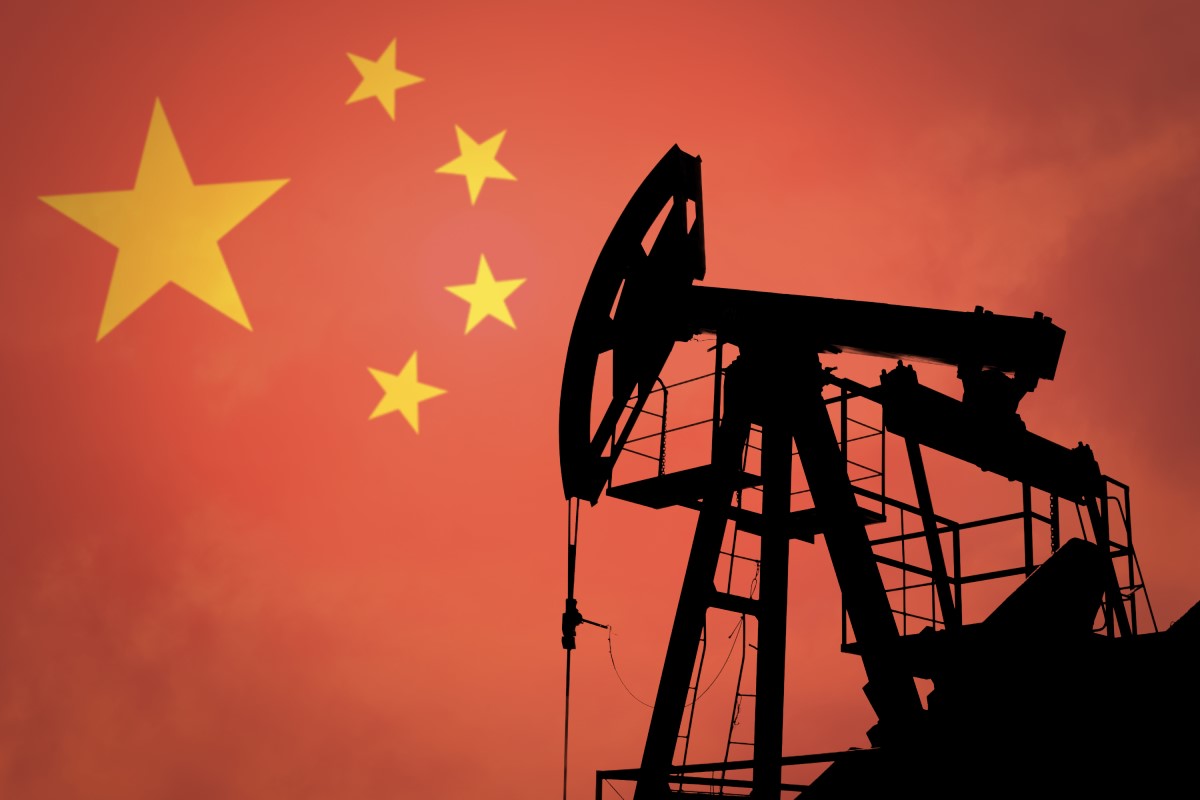Trading Oil Amidst China’s Price Surge

Trading Oil Amidst China’s Price Surge
In the dynamic world of global oil markets, recent developments in China are significantly influencing the industry. This article explores the impact of China’s decision to raise gasoline and diesel retail prices on oil trading.
Fueling the Flames: China’s Price Adjustment Strategy
As a major player in the international oil market, China is initiating a significant shift in gasoline and diesel prices. The National Development and Reform Commission reports that gasoline prices will increase by 200 yuan per tonne and diesel prices by 190 yuan per tonne. This adjustment is in response to the fluctuating dynamics of international oil prices.
China’s pricing mechanism for refined oil products is closely tied to global crude oil prices. For traders, understanding this mechanism is essential to navigate the oil market successfully. As China adjusts its retail prices, experienced traders are analysing the potential effects on crude oil CFDs and the wider market.
Quota Quandary: China’s Crude Imports Dynamics Unveiled
China’s recent announcement of 179.01 million metric tons in crude import quotas for 2024 – a 60% increase from the previous year – is a critical component of this scenario. This allocation includes 41 companies, mostly independent refiners, receiving new quotas. Notably, some have been granted full-year allowances, differing from the approach in 2023.
China’s crude oil import system operates on a strict quota system managed by Beijing. Throughout the year, multiple sets of quotas are distributed to independent refiners, affecting the global oil supply chain. Traders must closely monitor how these quotas influence market dynamics.
China’s Three Giants: Stabilizing the Seas of Oil Production
The China National Petroleum Corporation, the China Petrochemical Corporation, and the China National Offshore Oil Corporation play vital roles in maintaining stability in oil production. Their directive to ensure stable supplies amidst the price adjustments underlines their importance in China’s economy.
Riding the Waves of Change in Oil Trading
China’s recent actions in the oil market present unique challenges and opportunities for astute investors. As retail prices for gasoline and diesel rise, traders need to adapt strategically. The increased crude import quotas and the involvement of major industry players add complexity to an already intricate market.
For successful oil trading, it is crucial to understand the impact of international oil prices, quotas, and major players’ strategies. China’s retail price adjustments open up opportunities for well-informed traders to capitalise on this significant market shift. Therefore, traders must be prepared to adapt skillfully to the complex world of oil trading.
The post Trading Oil Amidst China’s Price Surge appeared first on FinanceBrokerage.



